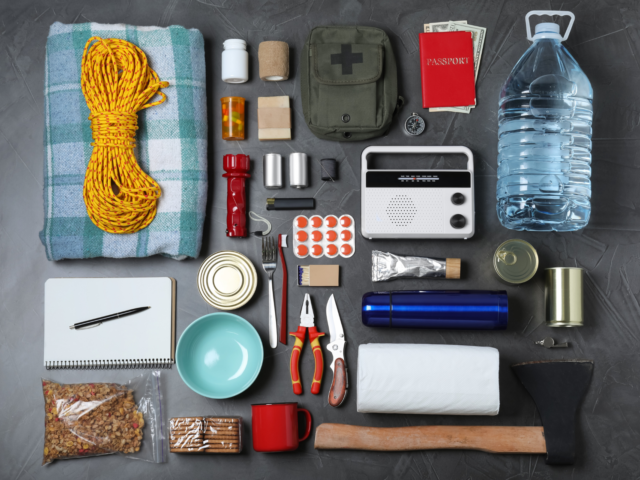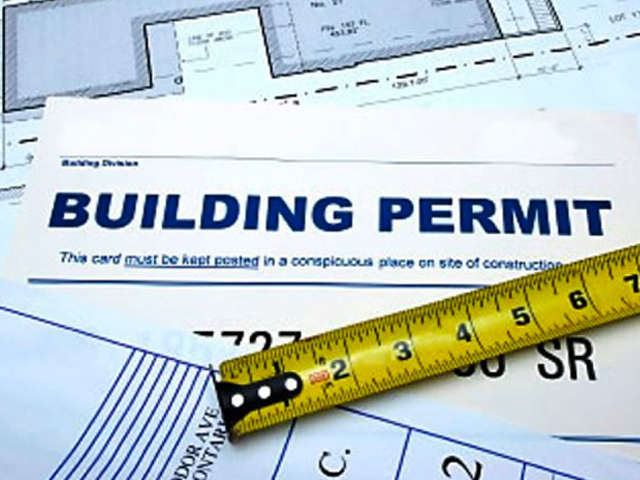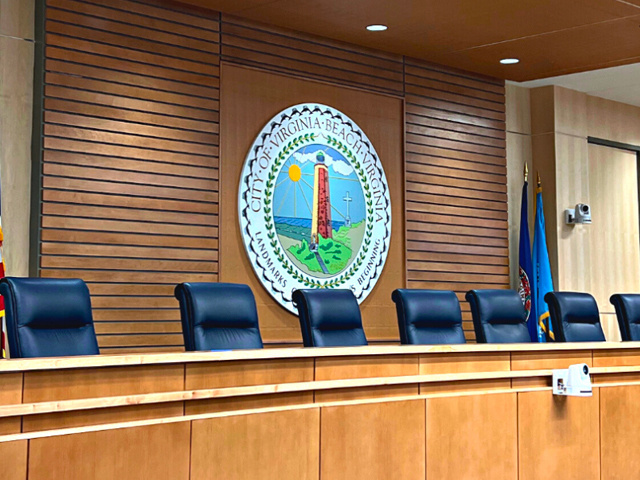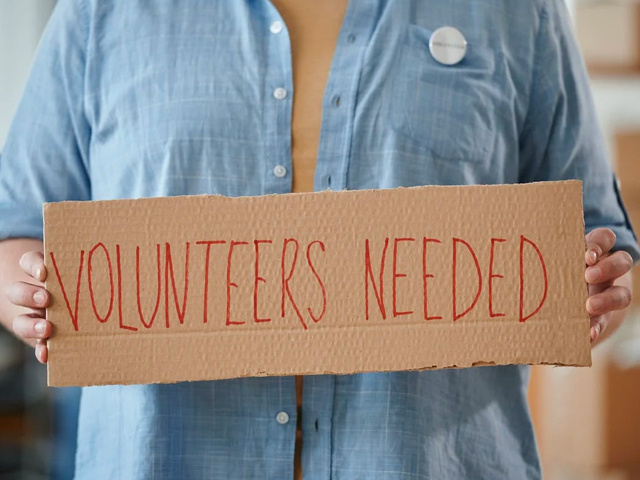Be In The Know
ReadyVB: Five Tips for Residents to Safeguard Critical Documents

It’s Atlantic hurricane season, which officially runs from June 1 to Nov. 30 each year. During an emergency evacuation and after the danger passes, having critical documents such as your financial, medical records and important contact information is crucial.
Danielle Spach, Virginia Beach Emergency Management mitigation program manager, said in her current role, she understands the importance of knowing where documents and contact information are when working a natural disaster event.
She has also looked at it from another perspective. “I didn’t realize how disorienting mentally a disaster can be,” Spach said.
An emergency medical situation with Spach's grandmother reinforced the importance of compiling medical information. During the start of the COVID-19 pandemic, Spach’s grandmother began having issues with her blood pressure. After a wellness check where her grandmother was unable to provide medical information to paramedics, Spach knew it was time to develop a one-pager with medical information such as insurance, history, doctors’ numbers, past surgeries, etc.
“It was difficult for my grandmother to remember names and numbers of doctors, and for the elderly community. If you have a younger family member or neighbor, ask them to assist you in creating these plans,” she said.
“Even when we were all kids, we were told ‘Stop, drop and roll’ or ‘Make a fire plan,’—it is the same thing.”
Here are five tips to get you started.
Plan Before the Storm
Spach said starting with something as small as taking photos via your smartphone of your home—or apartment if you rent—is an easy step to begin to safeguard important documents. You can also use your smartphone to take photos of your identification cards, license plates, etc. to store on the cloud.
If you get your bills electronically through email, keeping at least one copy of those is helpful. “You’re already looking at the paperwork so keeping a copy of one of those doesn’t cost a lot of time or money,” she recommended. “For leases, whenever you renew it, take pictures of it and your surroundings for insurance purposes after a disaster.”
Take Inventory of Your Household Documents and Contacts
Think about the documents you would need to identify yourself and your household members. This includes pets. If your home or income is impacted by a disaster, you will need documentation to request assistance from insurance providers and from government disaster assistance programs.
Medical information and emergency contact information for your household should also be in your inventory.
Make a Checklist
Now you can create a checklist and review which items you may need to collect and safeguard.
Here’s starting list you can use:
- Vital records: Birth certificate, marriage certificate, divorce certificate, adoption, child custody papers
- Identification: Passport, driver’s license, Social Security card, green card, military service identification
- Pet ownership papers, identification tags
- Housing: Lease or rental agreement, mortgage, home equity line of credit, deed
- Vehicle: Loan documents, VIN, registration, title
- Financial Accounts
- Insurance Policies
- Tax Statements
- Estate Planning
- Health/dental insurance, Medicare, Medicaid, VA health benefits
- Contact information for doctors/specialists, dentists, pediatricians, veterinarians
- Living will, medical power of attorney
- List of medications, immunizations, allergies, prescriptions, medical equipment and devices, pharmacy information
You can download the full checklist at Ready.gov.
Protect Your Documents
Consider storing paper copies of important documents at home in a fireproof and waterproof box or safe, in a bank safe deposit box, or with a trusted friend or relative.
Store electronic copies of important documents in a password-protected format on a removable flash or external hard drive in your fireproof and waterproof box or safe or consider using a secure cloud-based service.
Spach said another inexpensive way is to go to the Dollar Store and get a photo album to hold your doctors’ info cards, and other important documents.
Download the Emergency Financial First Aid Kit (EFFAK)
Download this kit at www.ready.gov/financial-preparedness for more complete checklists and guidance on collecting and safeguarding critical documents.
The City of Virginia Beach Emergency Management team promotes a comprehensive emergency management program to mitigate Virginia Beach's impacts from man-made, natural or technological disasters. Learn more at VirginiaBeach.gov/ReadyVB.
Contact Information
Keep Reading
See All Posts
February 18, 2026
Music to Your Ears: Grammy-Nominated American Patchwork Quartet Kicks Off VBGIGs Series
-
Calendar News Blog Hot Topics Multimedia Social Media Mobile Apps










